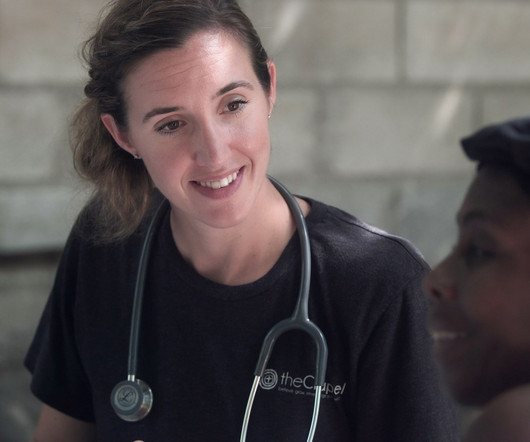5 Ways to Reduce Horizontal Violence in Healthcare
Relias
SEPTEMBER 20, 2024
Provide conflict management training Many nurses feel ill-equipped to manage conflicts with co-workers. Providing education on conflict resolution can empower staff to handle situations effectively and prevent escalation. Teach staff communication techniques that promote collaboration and mutual respect.














Let's personalize your content